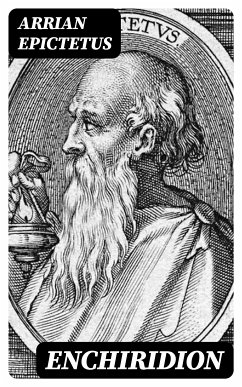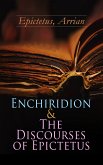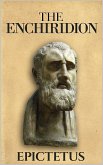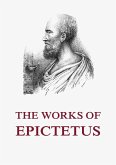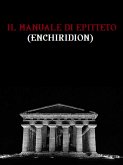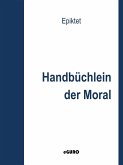The 'Enchiridion,' written by the philosopher Arrian, serves as a concise manual of Stoic ethics, drawing heavily from the teachings of Epictetus, a prominent Stoic philosopher. This text, composed in a clear, accessible style, distills the essence of Stoic thought into practical guidance for daily living. Arrian's literary approach reflects a commitment to delivering philosophical wisdom that transcends the complexities of theoretical discourse, emphasizing actionable insights that encourage the cultivation of virtuous character amidst life's challenges. Within the literary context of the Roman Empire, the 'Enchiridion' functions as both a personal handbook for individual self-improvement and a broader commentary on the principles of Stoicism that shaped ethical thought in antiquity. Arrian, a student of Epictetus, was deeply influenced by his master's emphasis on inner freedom and self-governance. Living during a time when Stoicism was experiencing a resurgence, Arrian's background as a military leader and an administrator also informed his pragmatic approach to philosophy. His commitment to preserving Epictetus's teachings reflects the urgency of integrating philosophical concepts into the lives of individuals seeking ethical clarity amid societal uncertainties. The 'Enchiridion' is highly recommended for anyone interested in Stoic philosophy, personal development, or ancient wisdom. Its practical insights serve as a guide for navigating modern dilemmas while fostering resilience, self-discipline, and a deeper understanding of human nature. Readers will find this text not only intellectually enriching but also profoundly applicable to contemporary life.
Dieser Download kann aus rechtlichen Gründen nur mit Rechnungsadresse in A, B, BG, CY, CZ, D, DK, EW, FIN, F, GR, H, IRL, I, LT, L, LR, M, NL, PL, P, R, S, SLO, SK ausgeliefert werden.

